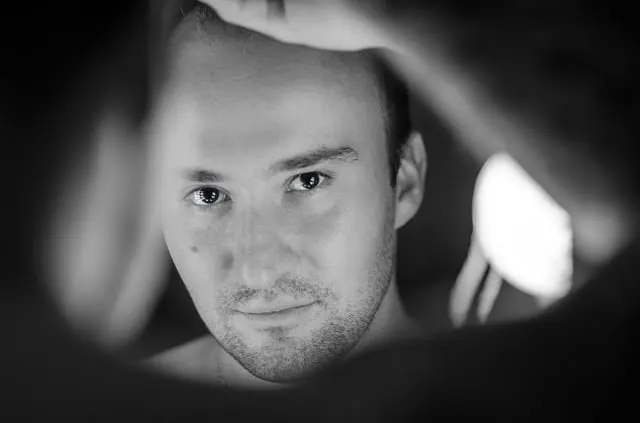
Hair loss is a problem for both men and women. In most cases, hair grows back after you address the problem. Plenty of modern hair loss treatments are available, such as transplant, laser procedures, non-prescription topical medications and even PRP hair loss treatment that you can get at Brisbane’s Hair and Skin Science.
You’ll also find cheaper solutions if you’re not able to spend a great deal on treatment. You can massage your scalp with pure aloe vera, switch to an effective hair loss shampoo, or including good-for-your-hair food items in your diet.
Genetics, medications, pregnancy, diet and lifestyle choices, medical conditions like anemia or heart problems, or radiation treatments cause this condition. A common question regarding hair fall is whether stress causes this problem or not. The answer is yes, it does.
Two types of hair loss are associated with high levels of stress: telogen effluvium and trichotillomania.
Telogen Effluvium
Some people may not be aware that hair fall is a normal part of the growth cycle. Hair goes through three phases: anagen (growth phase), catagen (regression), and telogen (rest phase). Hair continues to grow for two to six years before the follicles rest during the telogen part.
During telogen, hair strands detach themselves from the blood supply and forms a club-shaped ending. After several weeks, they fall out since they lost their connection with the nourishment supply.
Telogen effluvium is a condition wherein extreme, unmanaged stress pushes the hair follicles prematurely into the resting phase.
This condition causes an abnormally excessive amount of shedding because a large portion of the hair is not connected to the blood supply. Affected hair suddenly falls out as you comb or shower.
The hair loss typically occurs some months after a stressful event.
Some examples are major surgery or illness, crash diets with inadequate protein, severe psychological stress, childbirth, or a sudden intake of certain medications. These factors deliver a shock to the body, disrupting natural bodily processes and forcing hair follicles to retreat to the telogen phase.
Another stress-induced hair loss condition is trichotillomania.
Trichotillomania
Trichotillomania is more of a psychological condition, unlike telogen effluvium, which is a physiological response to stress.
Trichotillomania or trich is an obsessive-compulsive disorder (OCD) wherein the patient can’t resist the urge to pull out their hair. People suffering from trich may pull the hair on their scalp or from other places, like eyebrows, eyelashes, facial hair, or genital area.
Many trich patients report that they experienced a stressful situation before they developed a hair-pulling behavior. Throughout the condition, they may pull their hair to deal with stress or anxiety or they may be doing it without thinking about it.
People with trich may feel an extreme urge to pull their hair out and stay tensed until they give in to the impulse. After pulling their hair out, they feel a sense of relief.
The treatment approach for trichotillomania and telogen effluvium is different. Reversal training is common for trich patients. This aims to replace the bad habit with one that isn’t harmful. On the other hand, treatment for telogen effluvium may include dietary programs, non-surgical hair replacement, or counseling.
Observe your habits, disposition, and hair fall if you feel like the amount of shedding is excessive. Consult a general practitioner to determine the cause and to know how best to deal with your condition.
- Sagittarius Man & Gemini Woman Love and Sex Compatibility - January 31, 2024
- Taurus Ascendant Rising Personality Traits in Men (Guide) - January 31, 2024
- How to Seduce and Attract a Sagittarius Man (Seduction Tips) - January 31, 2024
